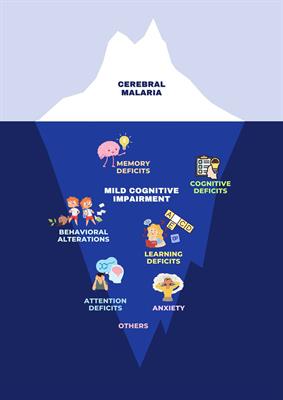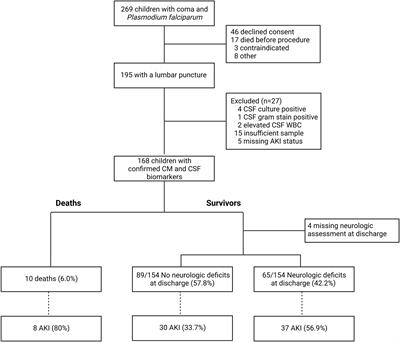MINI REVIEW
Published on 18 Jul 2024
Exploring the hidden mental health consequences of malaria beyond the fever

doi 10.3389/fnhum.2024.1432441
- 2,763 views
1,515
Total downloads
6,719
Total views and downloads
Submit your idea
Select the journal/section where you want your idea to be submitted:
MINI REVIEW
Published on 18 Jul 2024

ORIGINAL RESEARCH
Published on 02 May 2023


Manuscripts can be submitted to this Research Topic via the main journal or any other participating journal.
Submit your idea
Select the journal/section where you want your idea to be submitted: